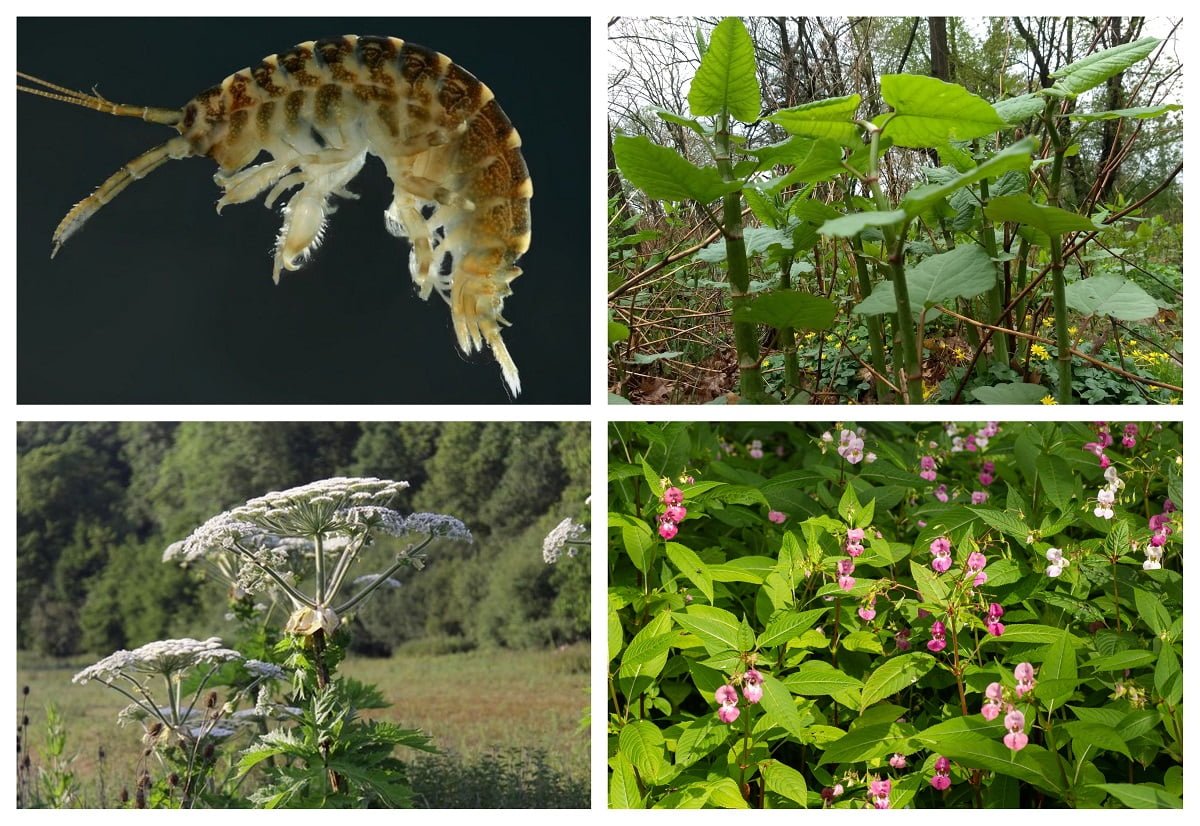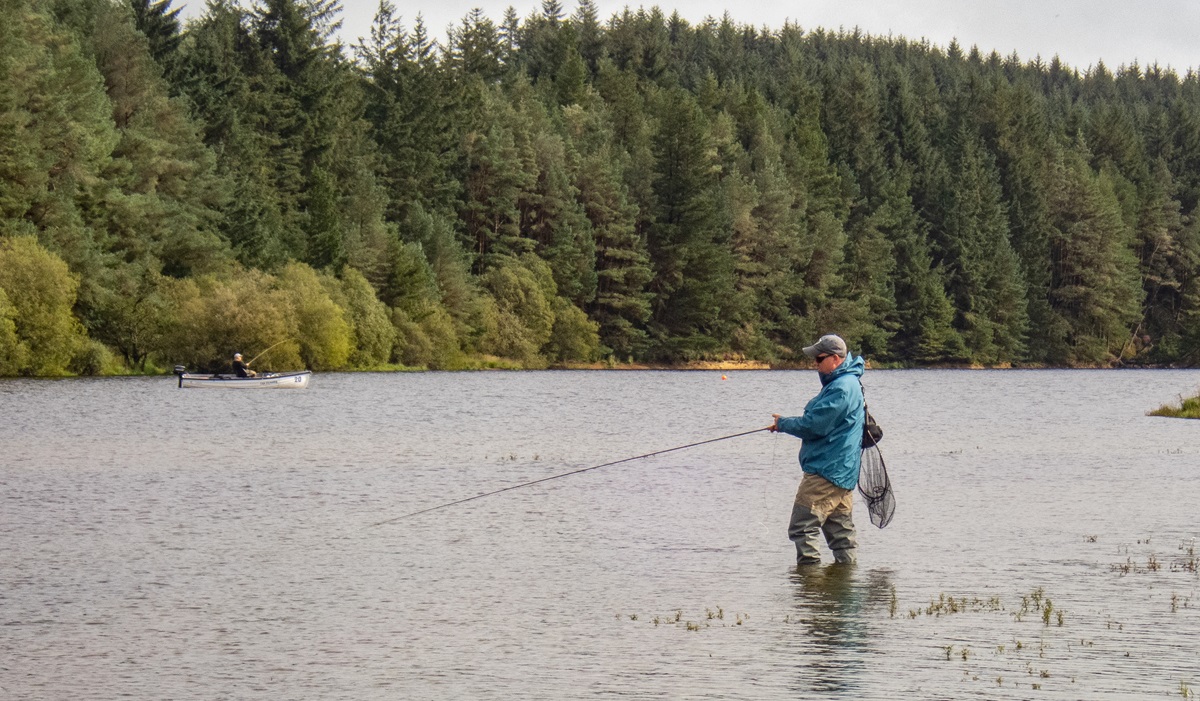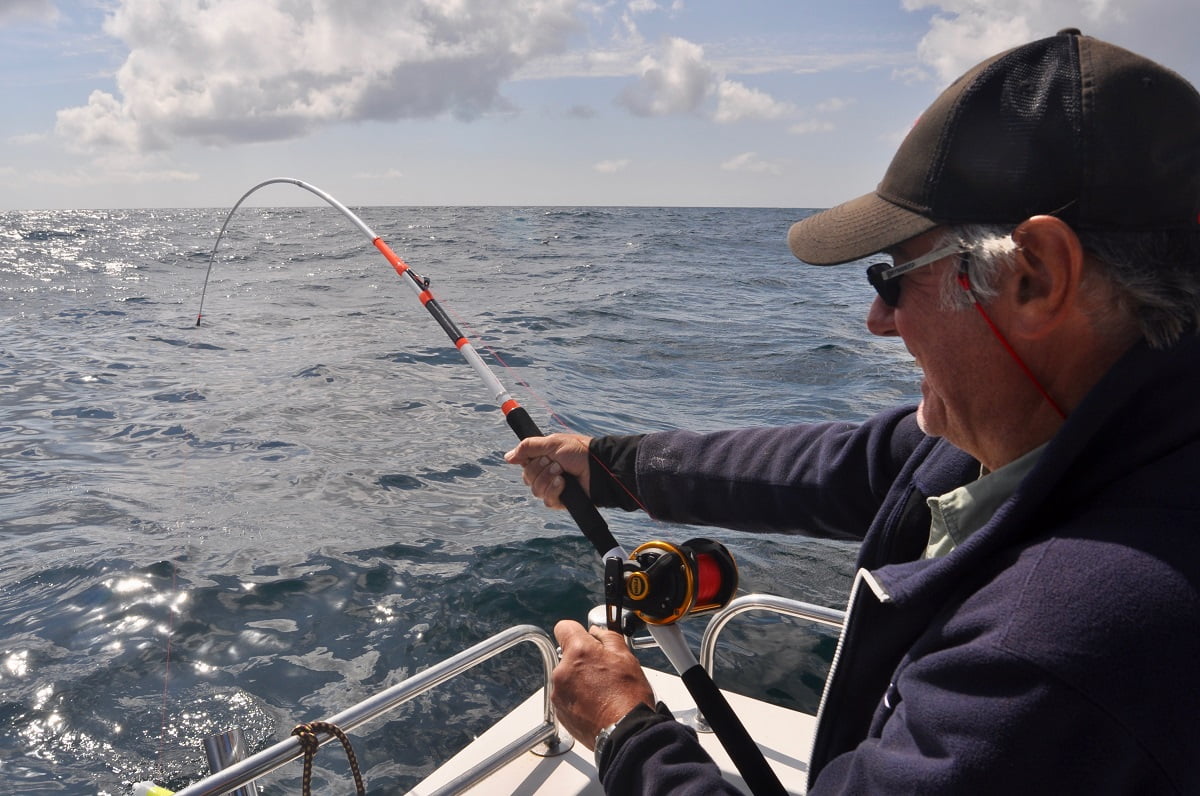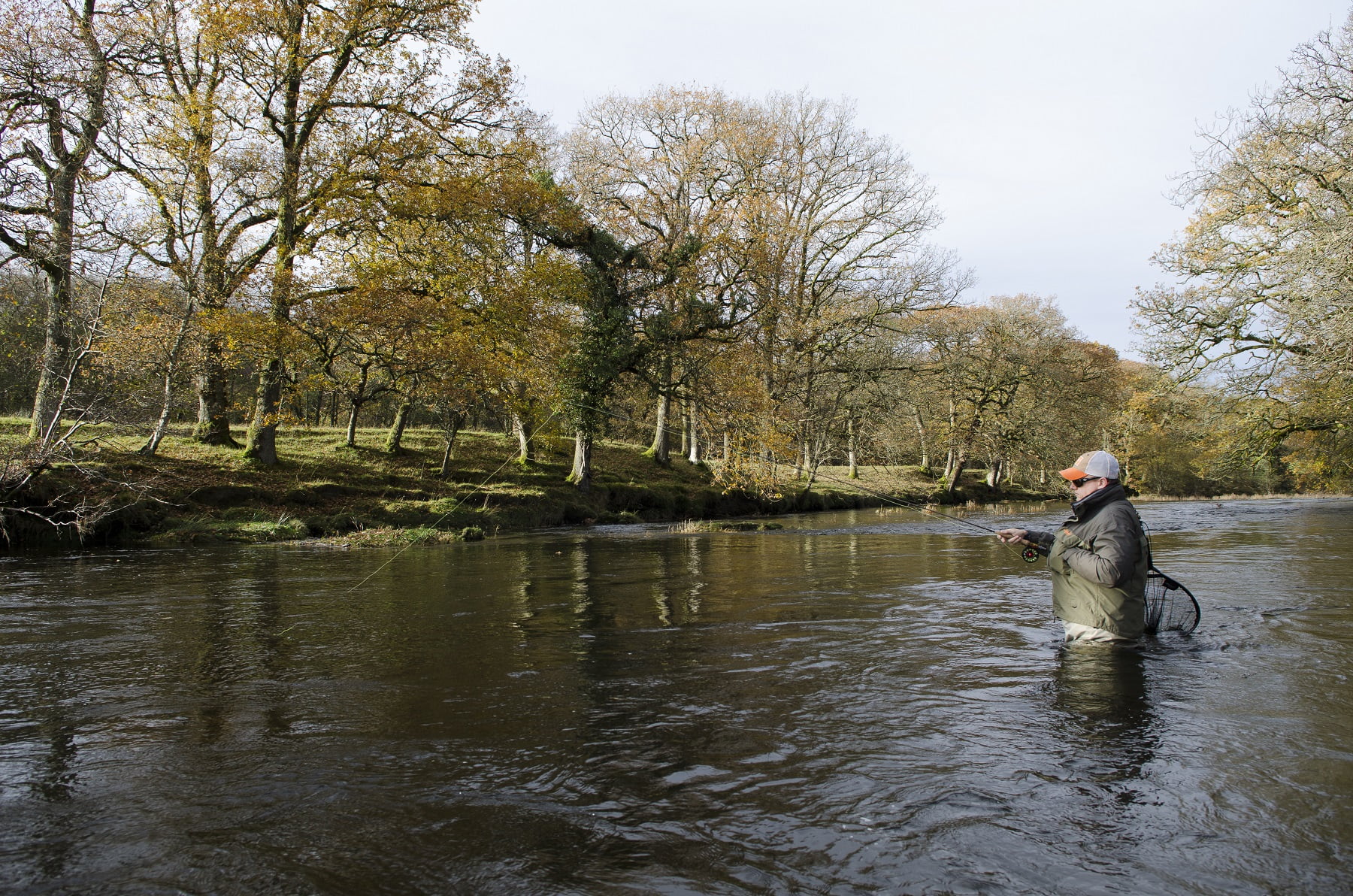It’s Invasive Non Native Species Week! (INNS)
INNS week takes place between 20th to 26th May 2024. During this week, a wide range of organisations come together, aiming to raise awareness of invasive non-native species (INNS) and how they can impact us all.
Our freshwater and marine environments are under threat. Invasive non-native species are one of the top five drivers for biodiversity loss worldwide, and present a huge threat to native species, aquatic environments and our sport.
Plants and animals from other countries are finding their way into our waterways after being imported for ornamental or agricultural use. Many of these non-native species wither and die in the wild. Others survive, but don’t spread rapidly. A few spread like wildfire, as they don’t have the natural controls of diseases, predators and grazers to keep them in check. They can therefore do massive damage to our water environment and negatively impact our fishing. These are known as Invasive Non-Native Species.
Recognising the detrimental impacts invasive species can have on our environment and economy, the Invasive Alien Species (Enforcement and Permitting) Order 2019 gives effect to EU regulations on the prevention and management of the spread of invasive alien species. It lists 66 species which are of special concern. 14 of these species are found in Wales. NRW, various River Trusts, environmental charities and angling bodies in Wales are working together to ensure effective implementation of this regulation and to encourage UK Government to take action on invasive species more broadly.
Invasive plants
There are several invasive species of plant to be aware of when fishing in Wales, these include Himalayan balsam, giant hogweed, floating pennywort and Japanese knotweed. This article by Theo Pike of the Wild Trout Trust talks about them, and how you can fight back against ‘the green menace’.
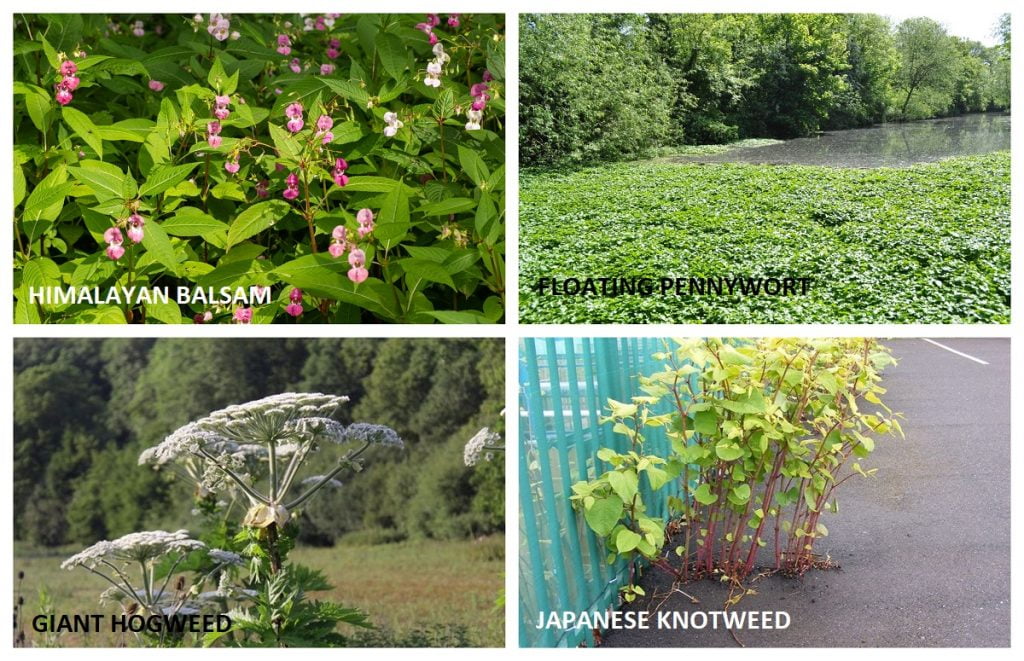
Invasive animals
Aquatic environments and native species are under threat in Wales, due to several invasive animal species. These include signal crayfish, killer and demon shrimp, zebra and quagga mussels. All of these animals threaten native wildlife either by outcompeting them for living space, introduction of disease and predation on native invertebrates and fish eggs.

How to stop the spread
Anglers fishing in Wales – whether resident or local – need to help stop the spread of invasive species – so remember to Check Clean Dry after you go fishing to help prevent these damaging species spreading further across Wales and the UK:
CHECK – you’re not carrying living organisms
CLEAN – all equipment, including waders, footwear, nets, drogues and wader shoes
DRY – equipment and tackle carefully
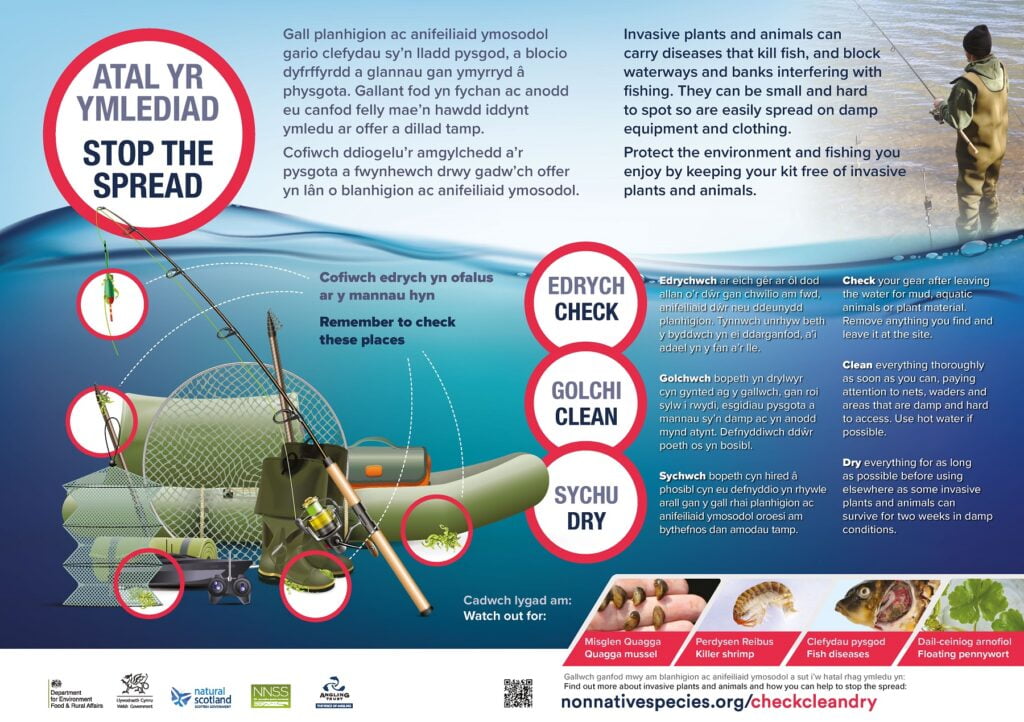
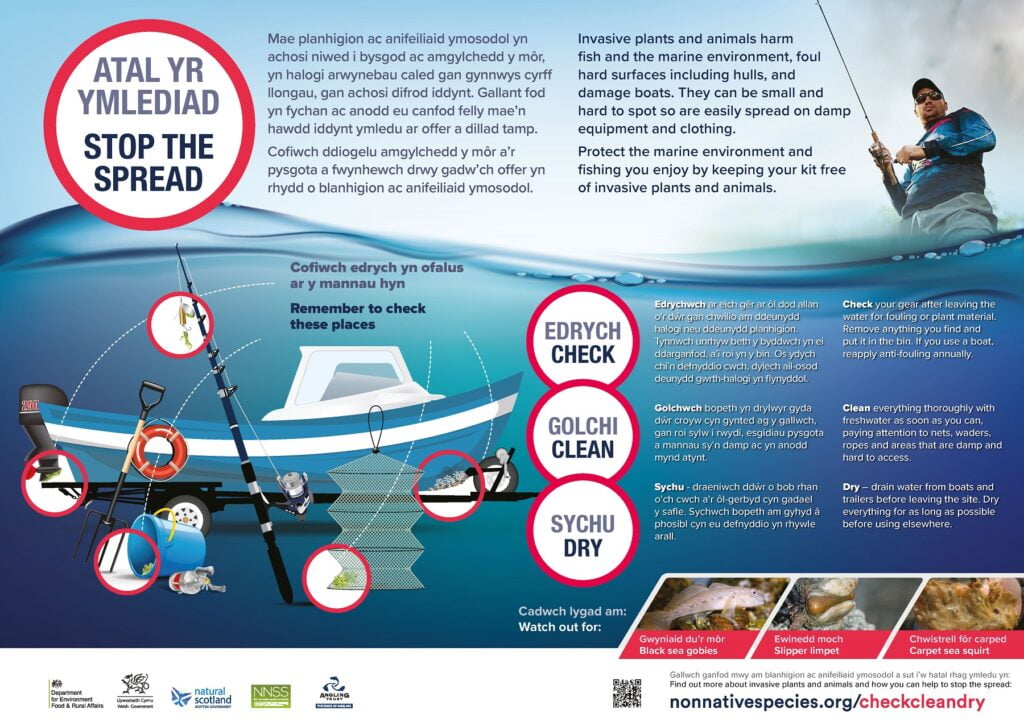
INNS VIDEOS
Clean Check Dry – How to avoid transferring invasive species
Killer Shrimp – found in Cardiff Bay barrage lake and Eglwys Nunydd reservoir
Giant Hogweed – Found on Welsh river banks and lakes
Invasive Non-Native Species (INNS) – by Dr. Emily Smith | Virtual Fisheries Forum
Find out more
For more information on invasive species visit the GB NNSS website HERE, with a dedicated page set up for events and activities taking place this week: https://www.nonnativespecies.org/what-can-i-do/invasive-species-week/
Reporting an invasive species
If you have seen an invasive species, you should report it on iRecord.
Welsh FISHING RIVERS From The Sky VIDEO
Discover the wild fishing rivers of Wales from above! This cinematic drone montage follows some of Wales’ most breathtaking fishing…
Read More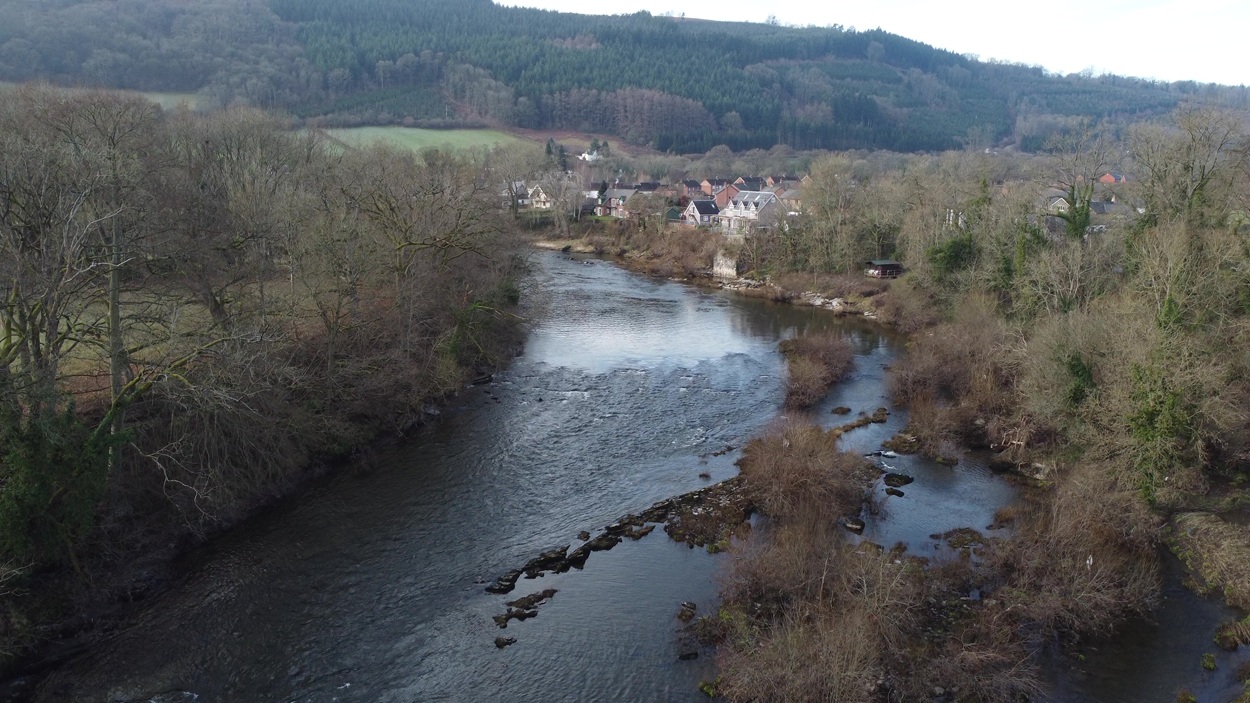
Wye & Usk Foundation Fishing Passport News
The latest newsletter from WUF – with details of fishing opportunities for Wales!Contact The Fishing Passport for more information and…
Read More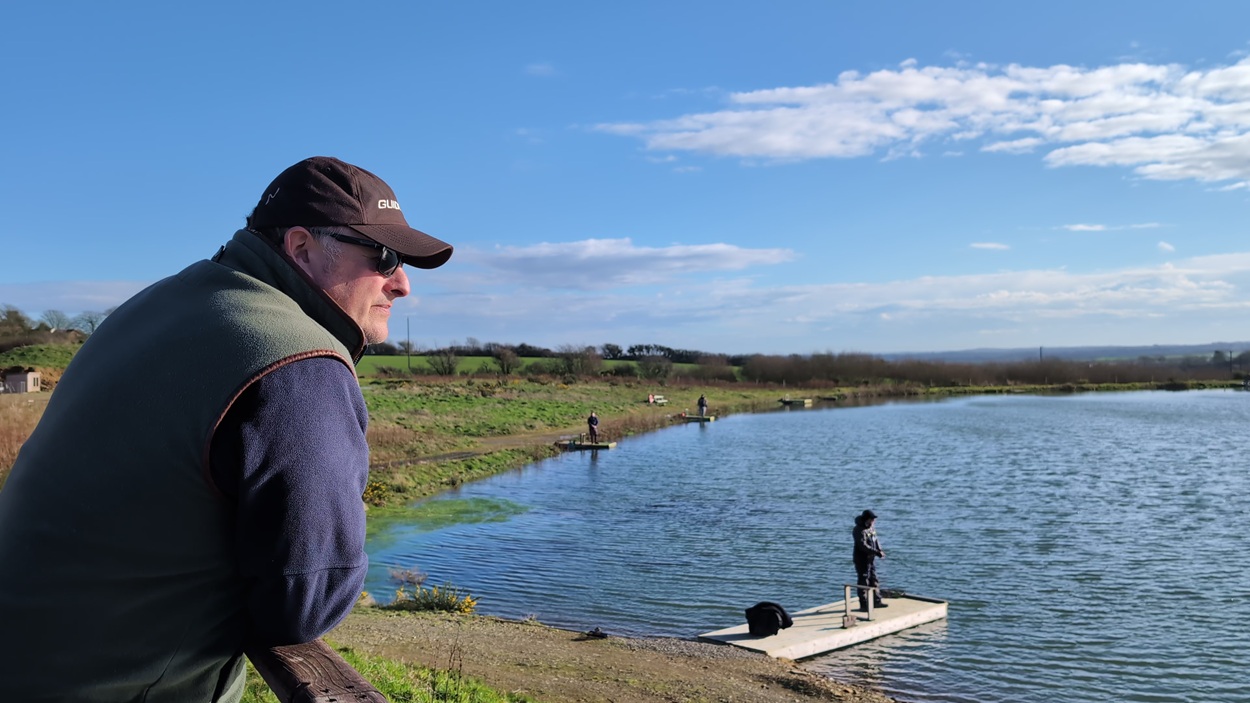
Fishery Profile VIDEO: Foxhill Trout Fishery West Wales
We visit Foxhill Fishery, a trout fly fishing venue near the village of Camrose, just outside Haverfordwest in Pemrokeshire.
Read More
